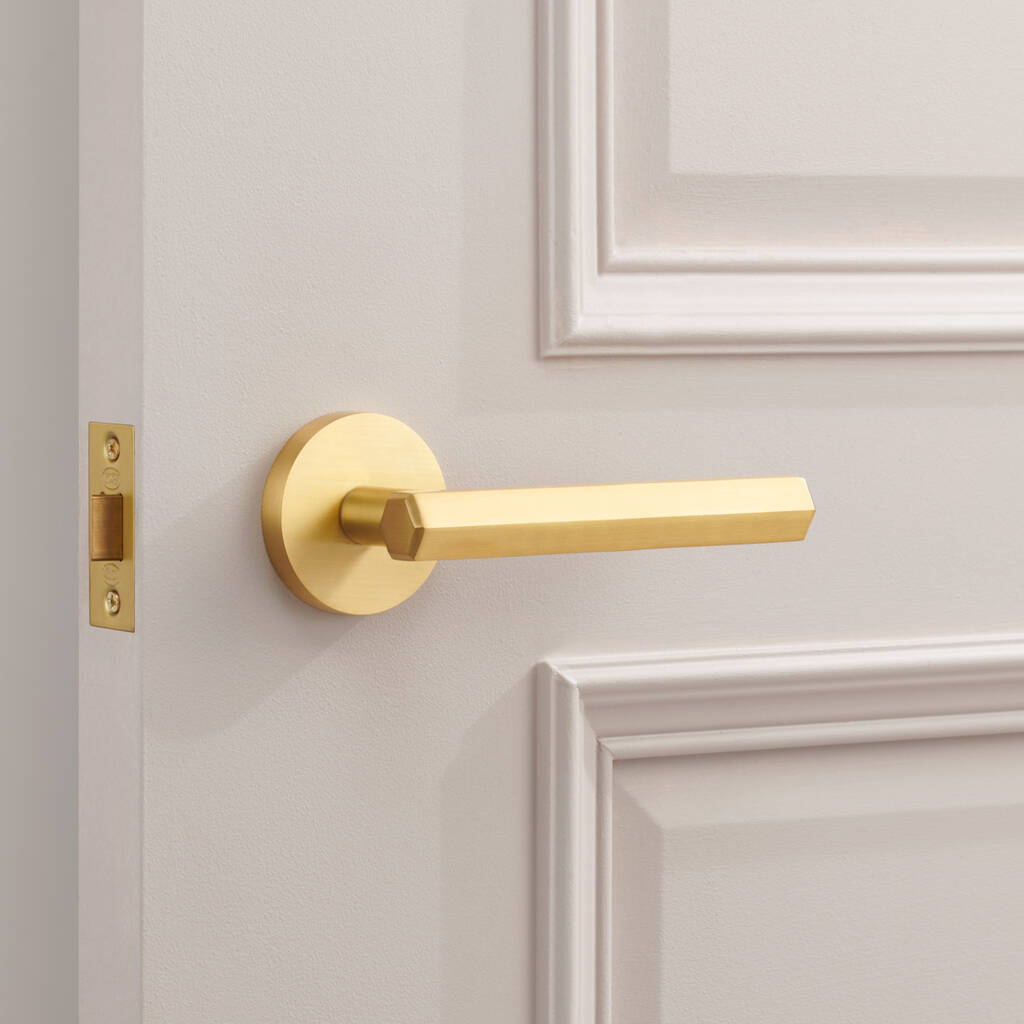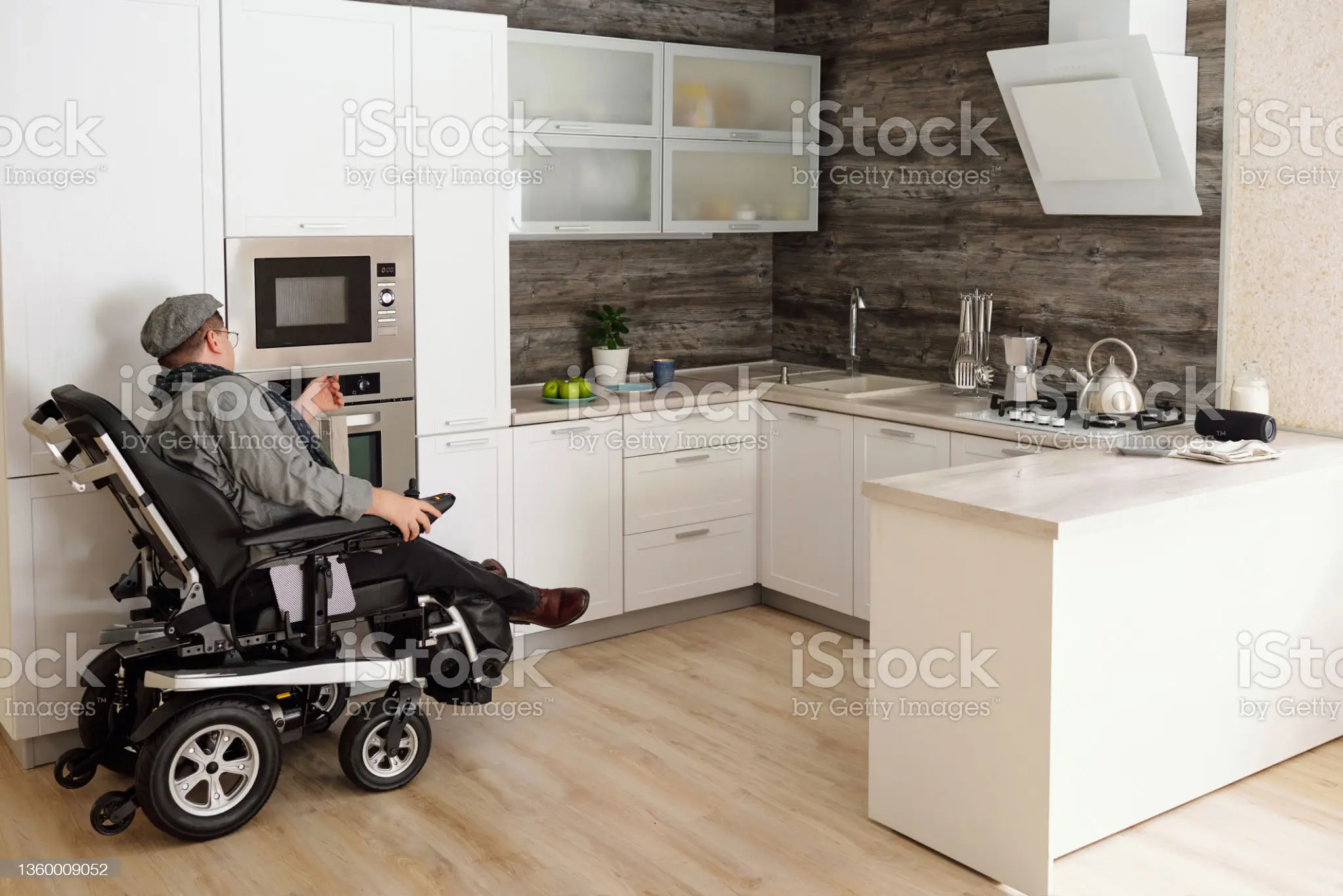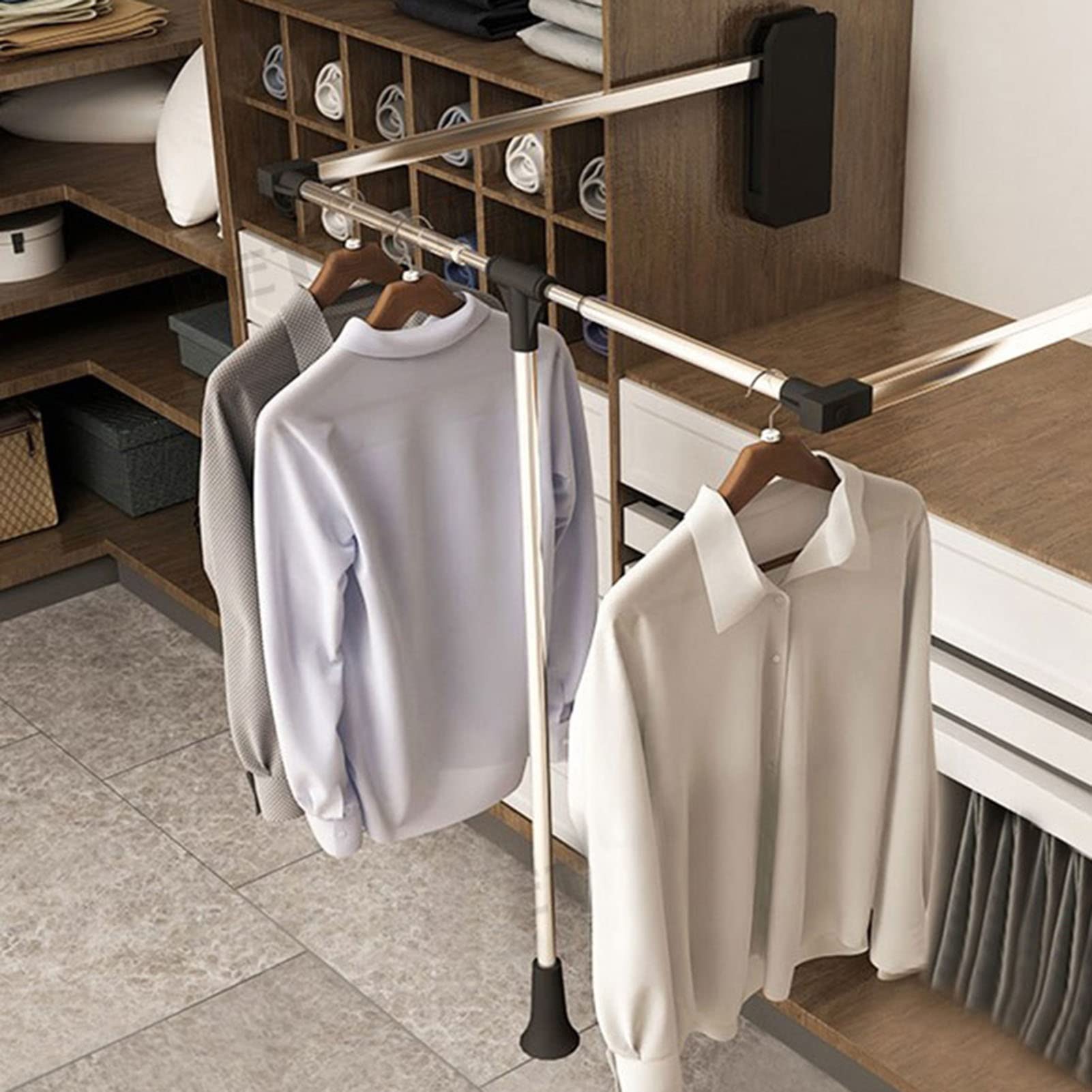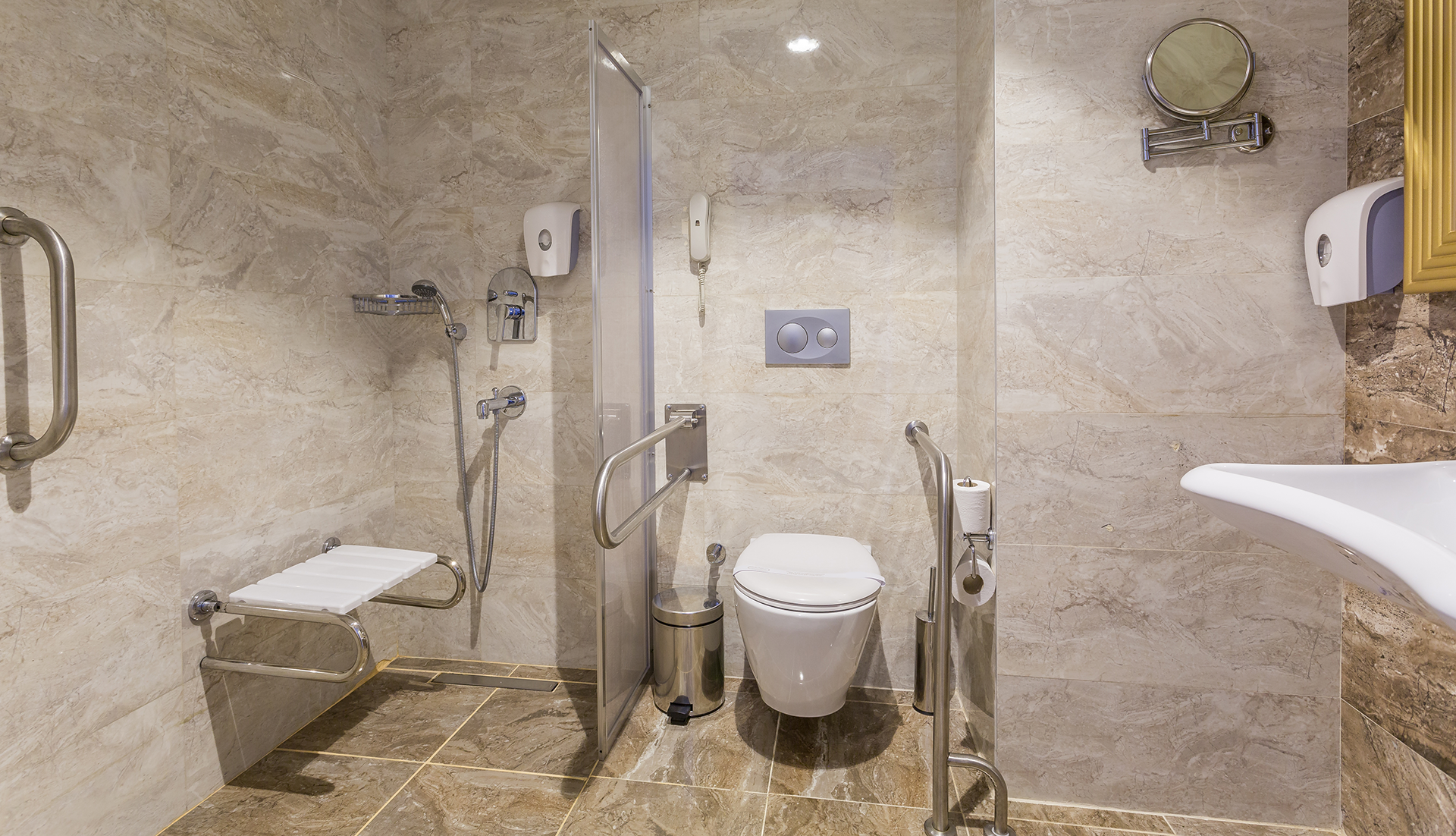As we grow older, it's common to experience changes in our dexterity, making everyday tasks more challenging. However, with the right home design, we can overcome these obstacles and maintain our independence. At Penguin Living, we understand the importance of accessibility, and we offer solutions that cater to individuals with dexterity disabilities. Let's explore some common dexterity disabilities and discover how Penguin Living designs its homes to address them.
One prevalent dexterity disability is arthritis, which can cause joint inflammation and pain, limiting hand mobility and grip strength. To accommodate individuals with arthritis, Penguin Living incorporates ergonomic design principles into its homes. Lever-style door handles are used instead of traditional doorknobs, providing a more comfortable grip and easier operation. Light switches and outlets are also placed at accessible heights, eliminating the need for stretching or reaching.

Another common dexterity disability is limited hand dexterity, which can make tasks like opening jars or bottles difficult. Penguin Living addresses this by offering adaptive kitchen tools such as jar openers, easy-grip utensils, and ergonomic kitchen appliances. These modifications empower individuals to continue enjoying meal preparation and cooking, fostering independence and self-sufficiency.

For those with limited finger dexterity or fine motor skills, activities like buttoning shirts or tying shoelaces can be frustrating. Penguin Living addresses this by providing accessible closets with adjustable clothing rods, making it easier to reach and organize garments. In addition, touchless faucets and motion-activated lights are installed, eliminating the need for complex hand movements and simplifying daily routines.

Bathroom independence is crucial, especially for individuals with dexterity disabilities. Penguin Living homes feature grab bars near toilets and in showers, providing stability and support. Roll-in showers remove the need to step over thresholds, ensuring a safe bathing experience. Lever-style faucets and easy-to-use shower controls enhance accessibility, allowing individuals to effortlessly adjust water temperature and flow.
Penguin Living incorporates universal design principles, ensuring safety and ease of use without compromising on style. Smooth and slip-resistant flooring reduces the risk of falls, while wide doorways and hallways accommodate mobility aids like walkers or wheelchairs. Well-placed lighting throughout the home guarantees adequate visibility and reduces strain on aging eyes.

By considering the needs of individuals with dexterity disabilities, Penguin Living creates environments where residents can thrive. These modifications not only enhance accessibility but also promote independence, allowing individuals to maintain their desired level of autonomy and live comfortably in their own homes.
In conclusion, dexterity disabilities may pose challenges as we age, but with the right design choices, we can overcome them. Penguin Living recognizes the importance of accessibility and offers fully accessible homes that cater to individuals with dexterity disabilities. By incorporating adaptive features and ergonomic design principles, Penguin Living creates spaces where residents can navigate their daily lives with ease and independence. With a commitment to universal design, Penguin Living paves the way for a more inclusive and empowering living experience for all.
